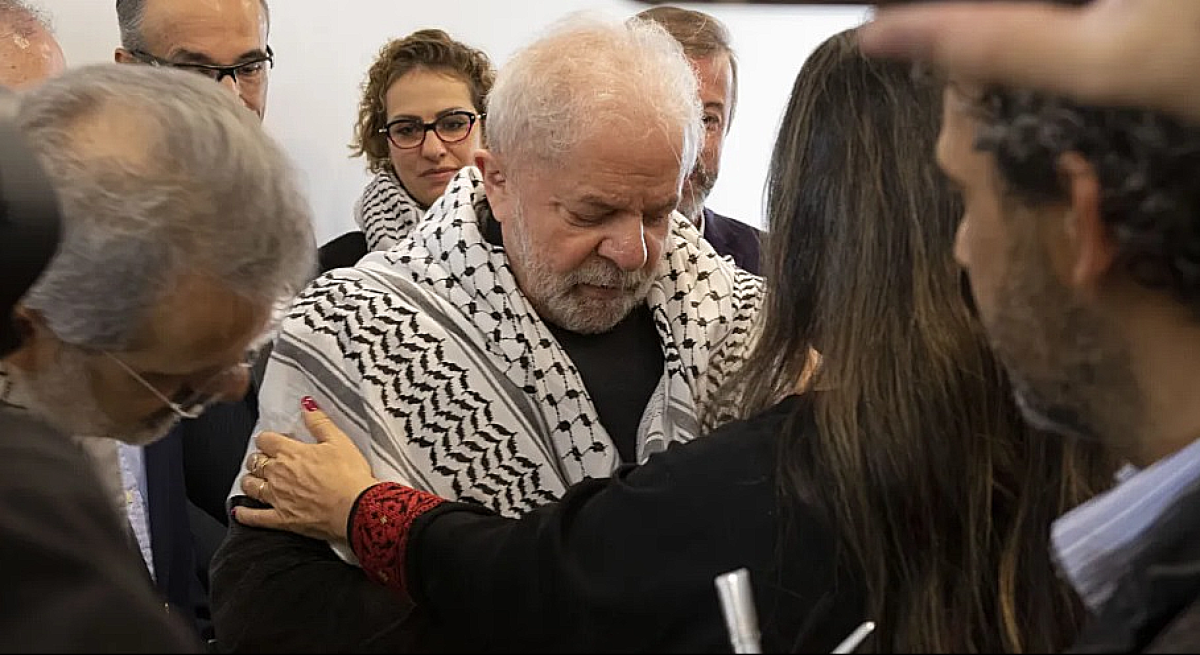 261
261
At last, following a long period of turmoil and political chaos in Brazil, the veneered politician Luiz Inácio Lula Da Silva won the presidency with 50.9% of the votes. Jair Bolsonaro, Brazil’s former right-wing president, was beaten in the presidential election by garnering 49.1% of the votes. According to political observers, the Brazilians succeeded in ousting the extreme right from power for at least four years.
Da Silva was re-elected President of Brazil for the third time after receiving 60.341.198 million votes from 79.41% of eligible voters, while Bolsonaro gained 58,203,620. This seismic political shift was deemed the tightest election between the two presidential candidates since Brazil’s restoration to democracy after a military junta’s dark reign from 1964 to 1985.
It is widely believed that Lula da Silva won the “most polarised” election in the modern history of this large Latin American nation, which was already primed to be contentious. Even though the two campaigns were very close and fiercely competitive, there was no violence in the post-election days.
Why did da Silva win the presidential race?
The widespread popularity of Lula da Silva illustrates how broadly and profoundly dissatisfied the majority of Brazilians were with the policies of the Bolsonaro government and the direction the country has taken under Bolsonaro’s administration.
During Jair Bolsonaro’s tenure, the world witnessed the intensification of internal political and social strife in Brazilian society. On the other hand, due to Bolsonaro’s aggressive foreign policy, Brazil essentially lost much of its erstwhile socioeconomic manoeuvring in Latin America and the international arena.
In addition to the plethora of economic challenges that Brazil has faced, particularly in the post-pandemic period, they have been exacerbated to a large extent by the political populism that Bolsonaro adopted since the implementation of such unavailing efforts led to a tragic increase in the number of deaths in Brazil as a result of the COVID-19 outbreak. This fiasco sparked widespread criticism against Bolsonaro and his corrupt coterie.
Is socialism making a comeback in Latin America? The outcome of the Brazilian presidential election unmistakably signals the leftist movement’s triumphant resurrection in Latin America. Today’s meteoric ascension of left-leaning administrations in Latin America is regarded as a continuation of the “Pink Tide” of the 1990s.
Leftist leaders of the period condemned neo-liberal policies, inequality, rampant destitution, political corruption, and America’s disastrous interference in South American local economies. On the other hand, the left-wing impetus has reemerged across Latin America after the right-wing regimes that succeeded them, which the United States strongly supported, could not stymie the tide of popular indignation and extreme disgruntlement.
The re-emergence of left-wing governments in Latin America seems to herald the advent of a new strategic framework in this region. These considerations force the White House to revise its foreign policy toward South America, which has long been viewed as America’s “backyard.”
The response of the Zionist regime to Lula da Silva’s victory
The landslide triumph of “Lula da Silva” in the Brazilian presidential election not only cost Washington another vital partner in Latin America, but the Israeli media also acknowledged that the victory of the anti-Western da Silva outraged the Zionist regime’s officials, who interpreted his victory as a coup de grâce against Israeli interest in Latin America. In this regard, the Zionist daily “Jerusalem Post” recently published a report noting that “Lula da Silva is one of the most prominent sympathisers of Palestinians in Latin America, and Tel Aviv lost one of its supporters in Latin America after da Silva’s victory in the presidential elections.”
It is worth mentioning that in 2010, da Silva visited the occupied West Bank and met with representatives of the Mahmoud Abbas-led Palestinian Authority (PA). He paid homage to the late Palestinian leader by laying a wreath on his tomb. However, during the same visit, he refused to visit the grave of Theodor Herzl, the infamous founder of the Zionist regime. Fulminating with rage, Avigdor Lieberman, Israel’s then-foreign minister, declined to meet with da Silva. During da Silva’s visit to the occupied West Bank, he expressed his sincere desire to envision an independent, sovereign, and free Palestine. He recognised Palestine as an independent country alongside Argentina, Bolivia, and Ecuador. Subsequently, most South American countries followed da Silva’s bold decision and sent delegates to Palestine in the first quarter of 2011.
Comment
Post a comment for this article